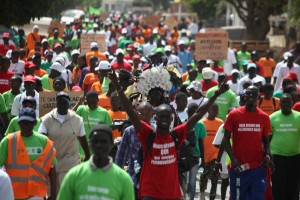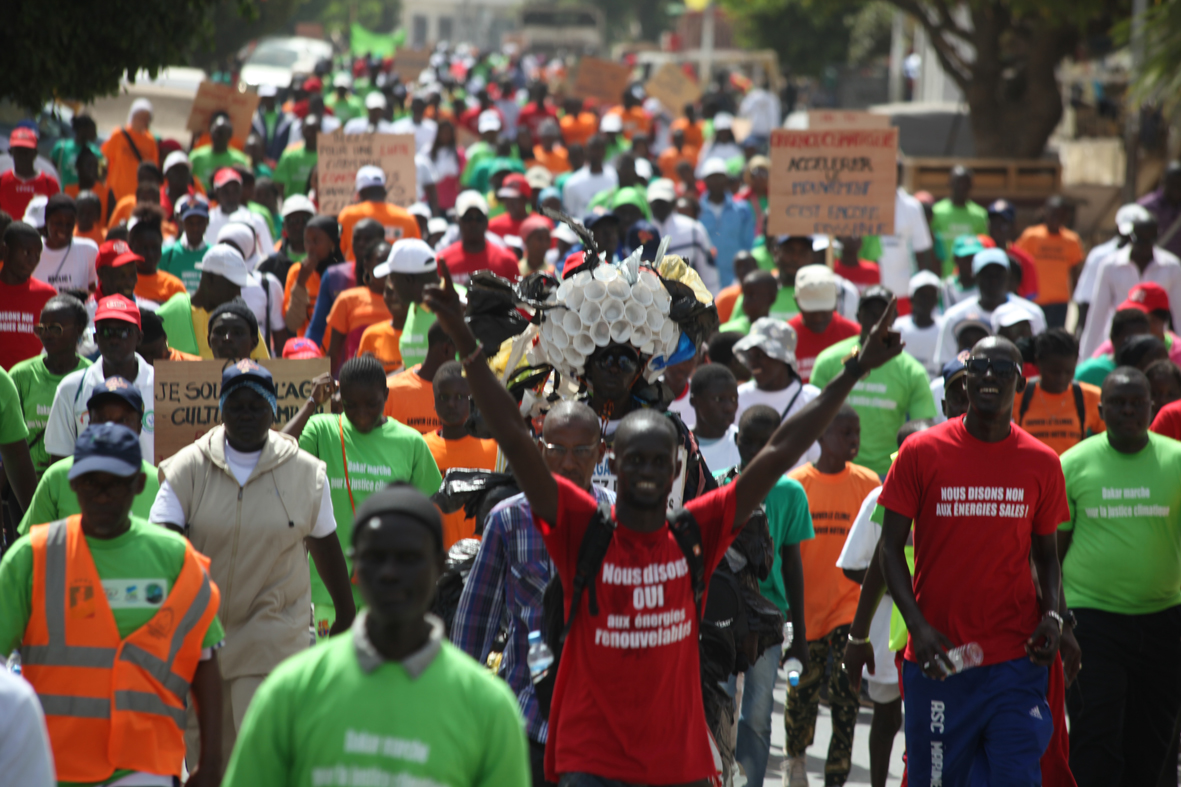While ECO enjoys the TEMs, let’s not forget that the technical examination process is only one part of Workstream 2 and the crucial work of raising pre-2020 mitigation ambition. Developed countries, you have a particular responsibility for closing the gap. After all, the convention clearly asks you to « take the lead ».
Here is how you do that: start with fully implementing what you’ve already committed to do-mitigation and finance. This is particularly relevant for those of you who are backtracking on your 2020 commitments. But you will have to go beyond that.
Developed countries’ 2020 targets are too weak and need to be strengthened. The number of studies showing the many benefits of more ambitious climate action keep growing, while the costs of renewable energies keep falling.
The Kyoto Protocol is part of this pre-2020 puzzle. Ratification of the Kyoto Protocol’s second commitment period is key. If Bonn does not make progress on this agenda item, it does not bode well for that little meeting we’re planning to have in Paris at the end of the year. The eyes of the world will be on us, and it’ll be hard to explain why only 32 countries have ratified the Doha amendments when they were agreed upon several years ago. ECO doesn’t want to point fingers, but there’s a very illustrative map on the UNFCCC website that shows the shocking lack of ratification. Any further obstacles that still stand in the way of Kyoto’s second commitment period must be dealt with during this session.
Oh, and by the way, all the great mitigation options identified in the technical examination process—those are for developed countries too! Developed countries have the technologies and resources at their disposal to quickly transform their energy systems away from fossil fuels and towards energy efficiency and 100% renewable energy. So take the lead. Do it now.![]()

